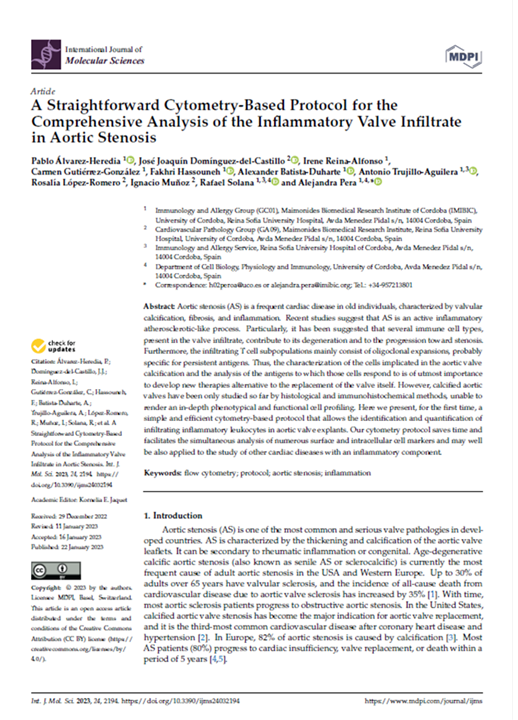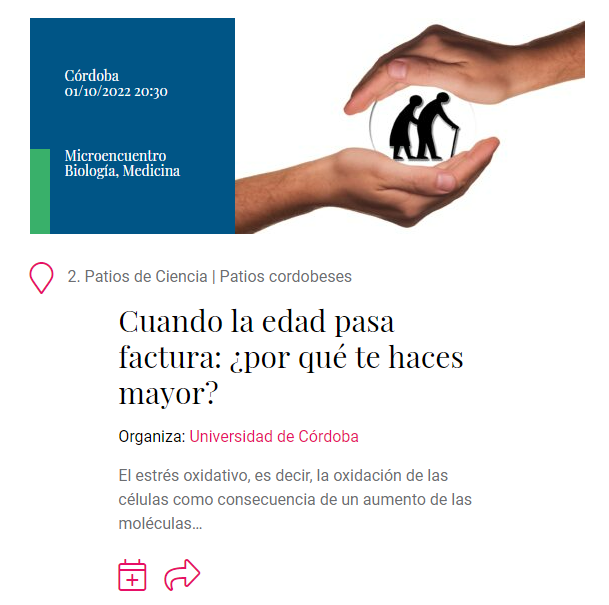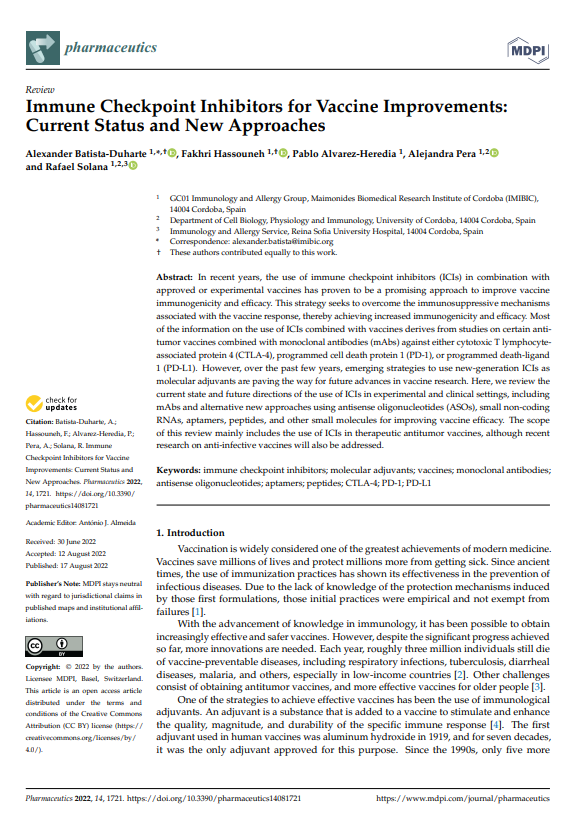 Alexander Batista Duharte (MD, PhD) belongs to the IMIBIC group GC01 Immunology and Allergy, led by Prof. Rafael Solana Lara. Alexander’s research project is titled FluVag-Tregs – Immunosenescence and immune responses to influenza vaccination. Use of antisense oligonucleotides targeting regulatory T cells to improve vaccine efficacy in old mice. The expected results of this project will increase the understanding of the biology in immunosenescence and allow to evaluate the relevance of its modulation to increase the anti-influenza-vaccine efficacy in old age. The project will last from October 2021 till September 2024.
Alexander Batista Duharte (MD, PhD) belongs to the IMIBIC group GC01 Immunology and Allergy, led by Prof. Rafael Solana Lara. Alexander’s research project is titled FluVag-Tregs – Immunosenescence and immune responses to influenza vaccination. Use of antisense oligonucleotides targeting regulatory T cells to improve vaccine efficacy in old mice. The expected results of this project will increase the understanding of the biology in immunosenescence and allow to evaluate the relevance of its modulation to increase the anti-influenza-vaccine efficacy in old age. The project will last from October 2021 till September 2024.
Influenza has a major impact on the elderly due to the increased susceptibility to infection and poor response to available vaccines. Several studies suggest that enhanced frequency of regular T cells (Tregs) in old age can be involved in the poor responses induces post-influenza vaccination. Therefore it has been suggested that one way to increase the efficacy of influenza vaccines might be to reduce the immunosuppressive effect of these cells. However, the functional effort of Tregs on the immune response to the influenza vaccine and hot its modulation can improve the response to vaccination in the old age has not been sufficiently studied.
The present project aims to evaluate comparatively the role of Tregs in the immunogenicity of influenza vaccine in mice in two steps of life: young and old mice. In the first phase, mice model using an anti-Fop3 antisence oligonucleotide (ASO) for depleting Tregs will be used to measure the effect of these cells on clonal immune response mediated by T-helper, CD8+T, NK and B cells. Thus, the effect of immunosenescence on Tregs response to vaccination and their effects in the vaccine immunogenicity will be assessed.
In the second phase of the project, the effect of three ASOs (anti-Foxp3, anti PD1/PDL1, and anti-CTLA-A) will be evaluated as vaccine adjuvants to improve the influenza vaccine immunogenicity and protective efficacy in elderly.
The result of this project will allow progress in comprehension of the Tregs biology in immunosenescence and to evaluate the relevance of this modulation to increase the anti-influenza-vaccine efficacy in old age. In addition, this project will allow me to reach the highest level of independence and development as a researcher. Here I will apply and improve the skills learned so far and I will acquire knowledge of new tools for preclinical studies of vaccines of great impact and with potential clinical application.
The main objectives of FluVac-Tregs are to:
Objective 1: To evaluate the role of Tregs in the immune response to influenza vaccine in two steps of life: Young and old ages in mice.
Objective 2: To evaluate the effect of three ASOs (ASOs (anti-Foxp3, anti PD1/PDL1, and anti-CTLA-A) as adjuvant to improve the immune response induced by influenza vaccine in old mice and their safety profile.
Objective 3: To evaluate the effect of the selected ASOs in the improvement of the protective anti-influenza immune response after a viral challenge in old mice.
Dissemination Activities
New Research Article
A Straightforward Cytometry-Based Protocol for the Comprehensive Analysis of the Inflammatory Valve Infiltrate in Aortic Stenosis. Jan 2023
![]()
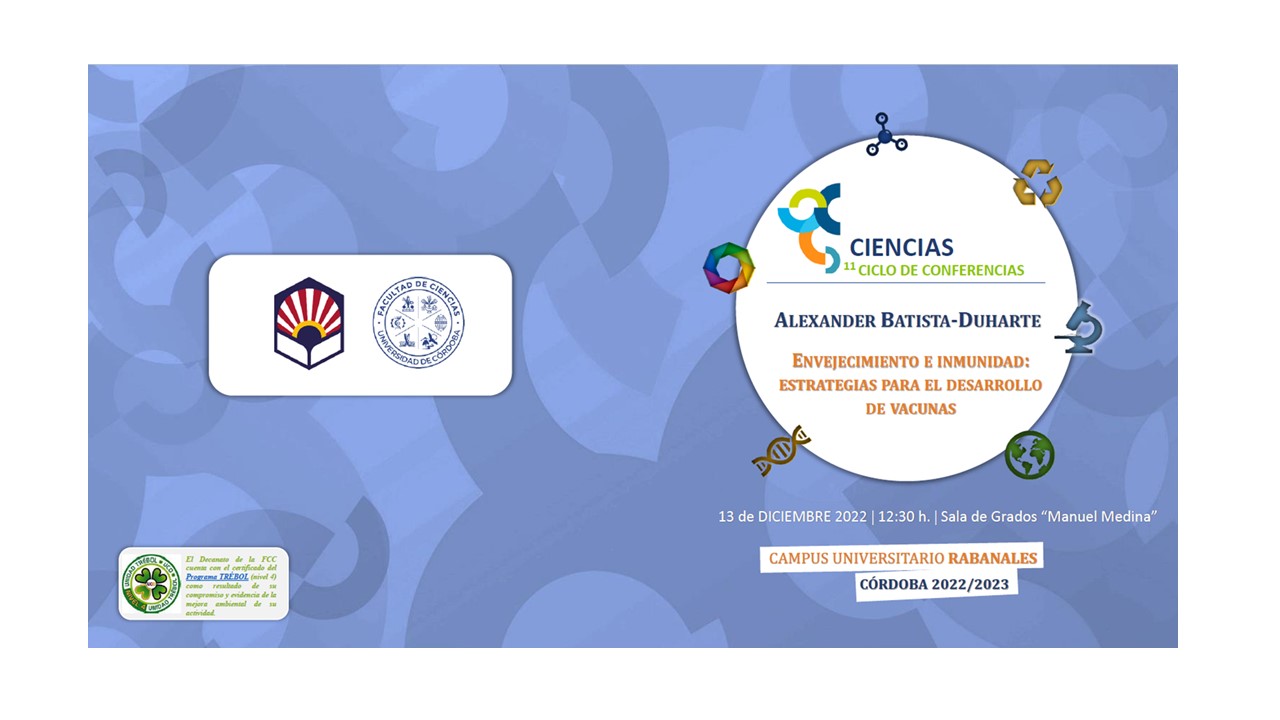 Science Talk Series at the Faculty of Sciences, University of Cordoba. On 13 December 2022, Alexander talked about “Ageing and Immunity: Strategies for Vaccine Development”.
Science Talk Series at the Faculty of Sciences, University of Cordoba. On 13 December 2022, Alexander talked about “Ageing and Immunity: Strategies for Vaccine Development”.
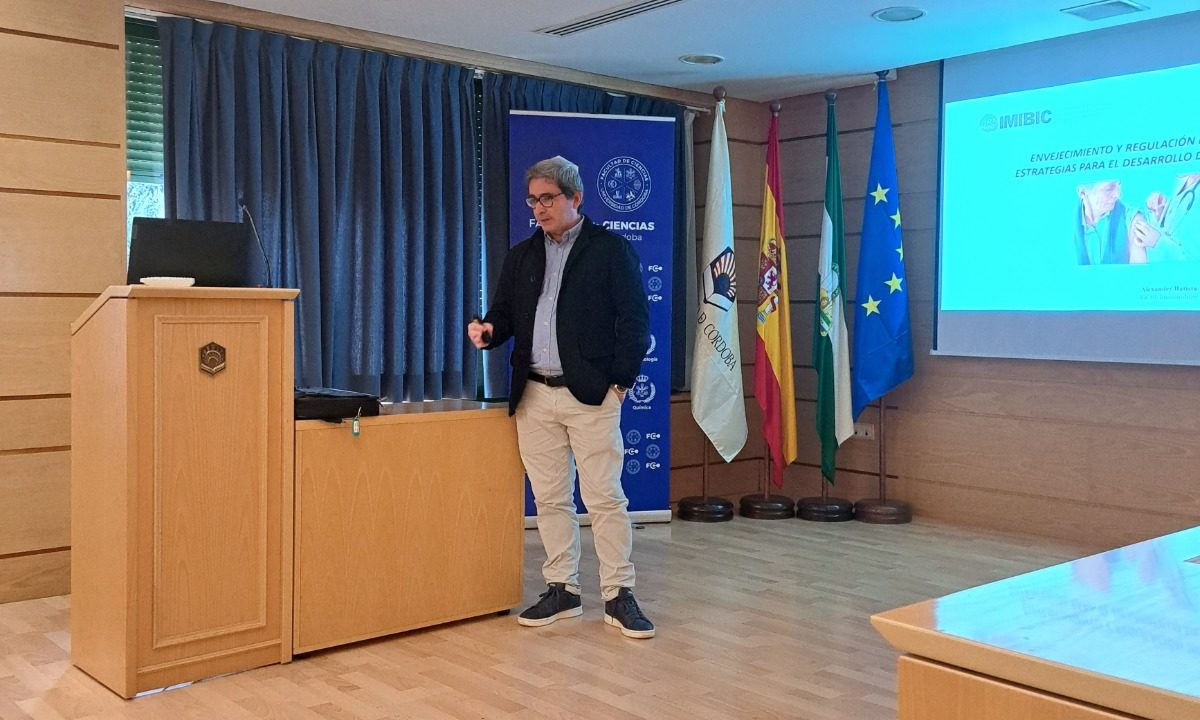
![]()
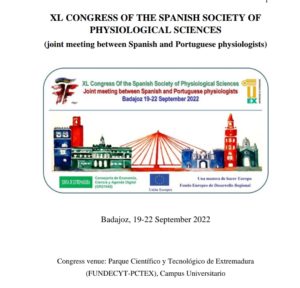
XL Congress of the Spanish Society of Physiological Sciences. Joint meeting between Spanish and Portuguese physiologists. At the meeting in Badajoz, on 20th September 2022, Alexander presented “Regulatory T cells, immunosenescence and cancer. Prospects for vaccine development”.
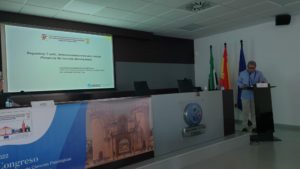
![]()
European Researchers’ Night 2022
Join Alexander and other researchers and citizens on the 1st of October (20:30-20:00) to talk about ageing, what happens to our cells and immune system, what inflammation has to do with us getting old, what makes our skin wrinkle, and much more!
More information about this event and reservations here.
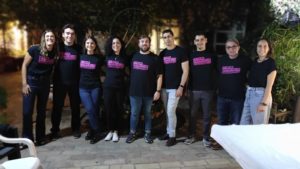
![]()
IMIBIC Research Seminar. On the 8th of February 2022, Alexander presented his newly started project to other IMIBIC groups, UCO students, and staff of the hospital, under the title “Regulatory T cells and vaccines. New approaches to improve the effectiveness of immunization”.
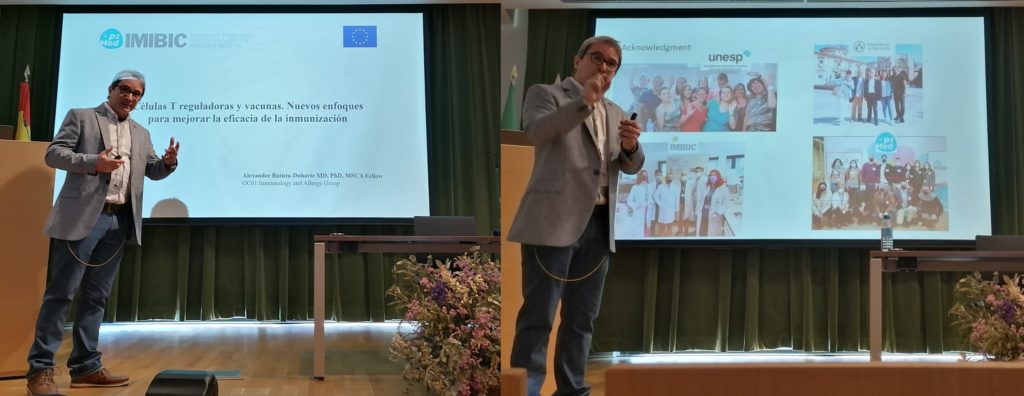
![]()
Invited seminar at the Charles University in Prague, on April 19th 2022. The seminar was titled “Regulatory T cells and vaccines. New approaches to improve the effectiveness of immunization”
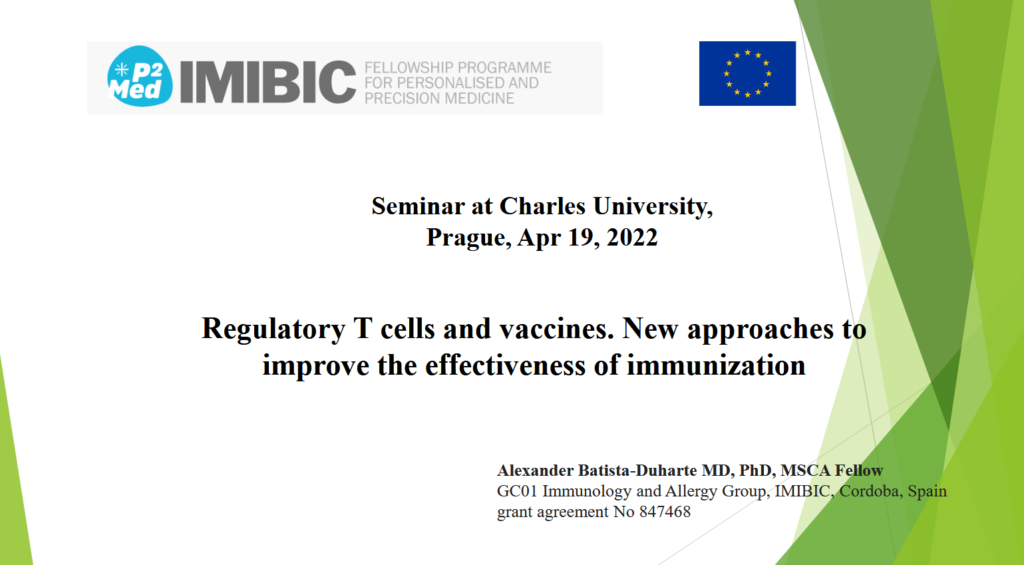
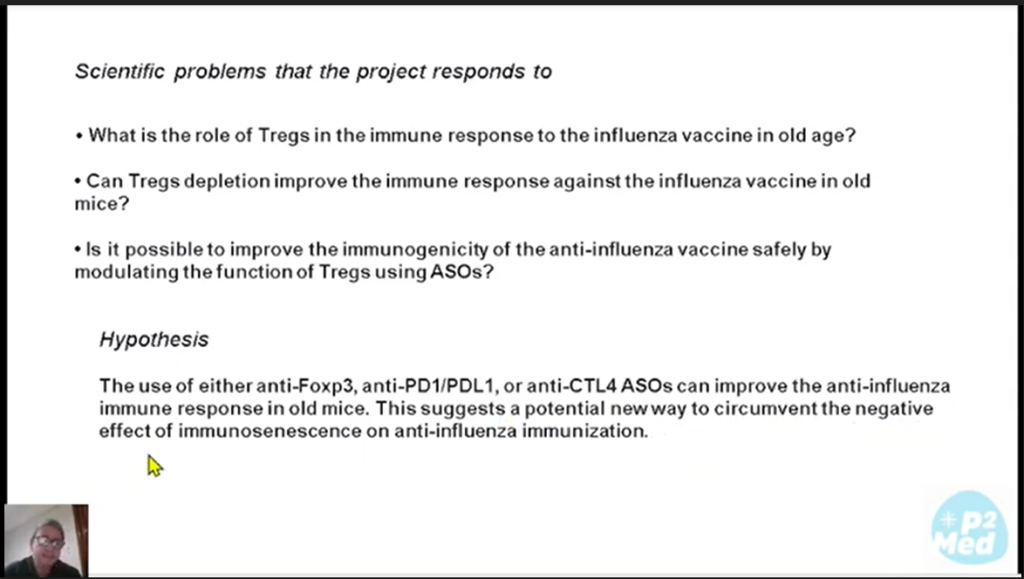
See the recording of the seminar.
![]()
Review Article

